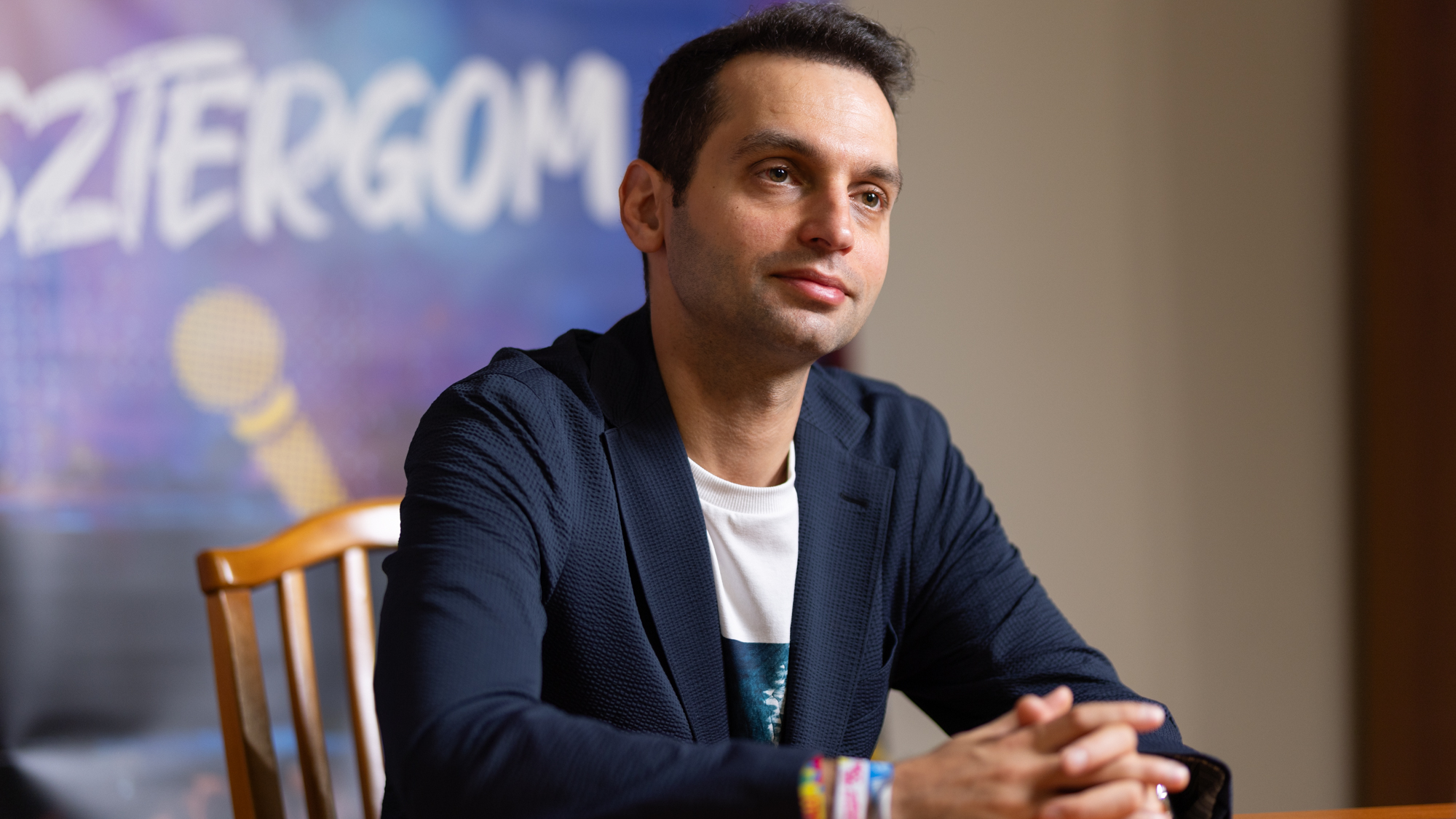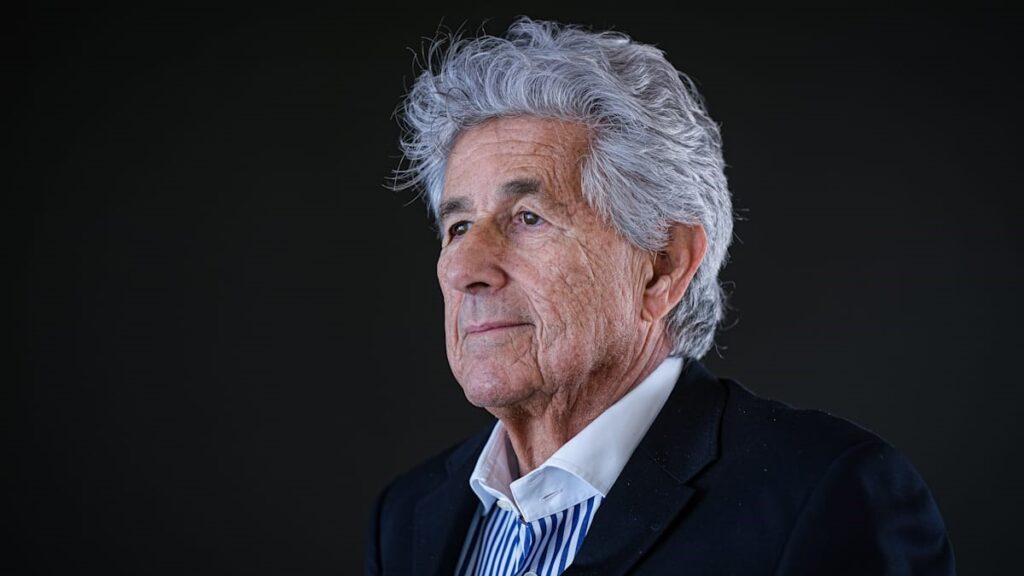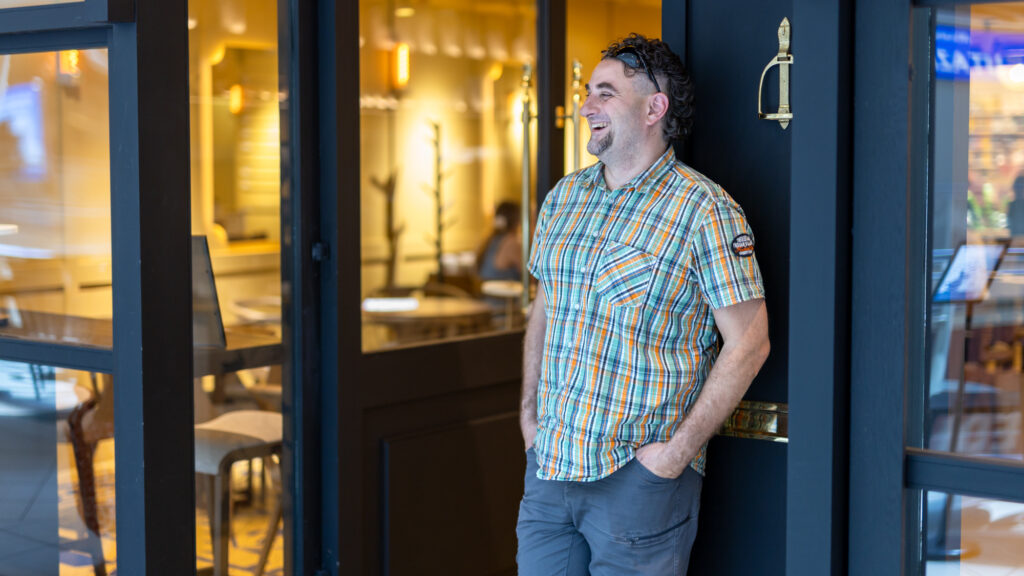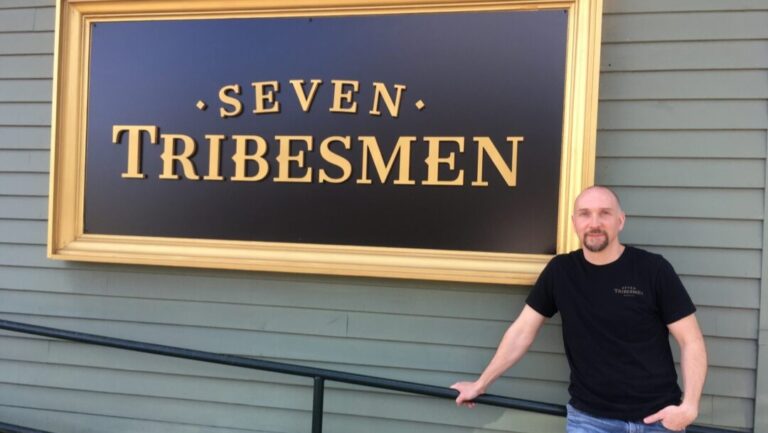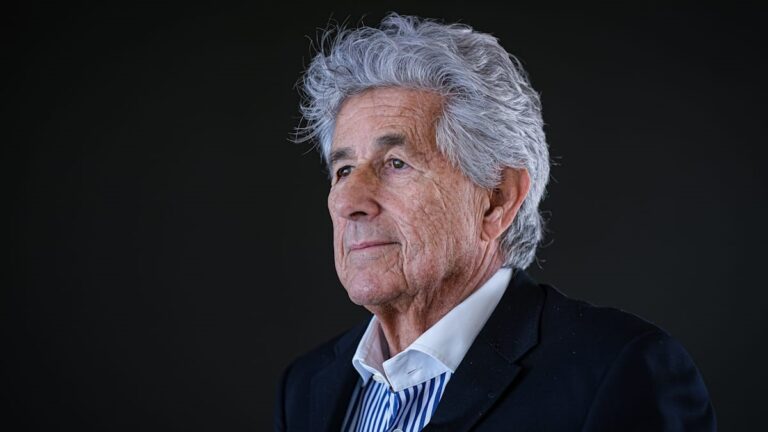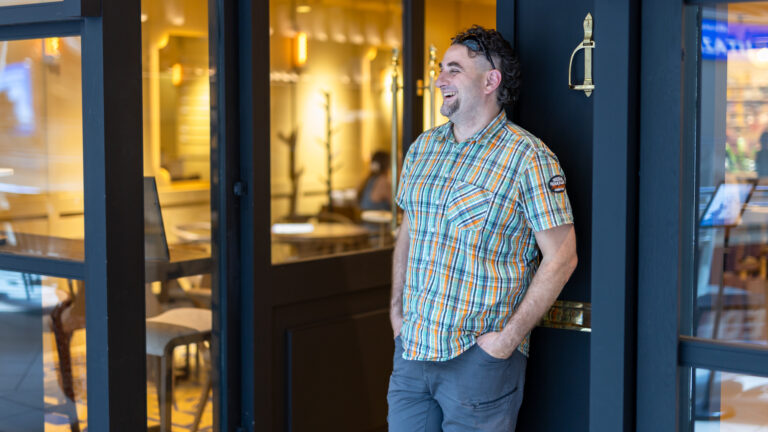Konstantin Kisin is a Russian–British satirist, who is ‘politically non-binary’ by his own definition. He is the author of the acclaimed book An Immigrant’s Love Letter to the West,’ and co-host of the TRIGGERnometry YouTube show. He travelled to Hungary to attend MCC Feszt, organized by Mathias Corvinus Collegium, where he sat down for an interview with Hungarian Conservative. Our discussion covered a wide range of topics, including the participation of controversial Algerian boxer Imane Khelif in the Paris Olympic Games, the impact of political correctness on the world of comedy, and strategies to fight back against wokeness.
***
In 2024, we live in a very political correct world, where making a joke without offending someone is almost impossible. How do you manage that anyways?
I don’t care about it. I stopped caring about that a while ago.
This is also clear from your tweets. Just the other day, you posted about Imane Khelif, which, judging by the comments, sparked controversy for many. What are your thoughts on the phenomenon represented by Khelif’s case at the Paris Olympics?
Well, we don’t know exactly. So somebody I was having a discussion with, said, well, you can’t let women with penises box against women. Then someone else went: ‘She doesn’t have a penis. She only has testicles.’ And I was like, well, that changes everything, doesn’t it? I think we’ve got to some strange places. This isn’t the first time people with these kind of developmental disorders have been used in competitions. The USSR used to do it. East Germany used to do it. We know with Caster Semenya, the South African runner, this has happened. But generally I just think the world has moved slightly towards tolerating difference over protecting the sensible position. I think this is one manifestation of it.
Continuing on the topic of the Olympics, the opening ceremony sparked outrage among many Christians and conservatives. Do you believe this response is justified, or is it an overreaction?
I’m sure there are some people who are overreacting, but broadly speaking, I think it’s very understandable. I’m someone who’s from a comedy background. I think satire and making fun of religion in a comedy context is normal.
Jewish Nazi – Konstantin Kisin Live
From the vaults of Comedy Unleashed. Watch Konstantin’s full comedy special about this contract, follow this link: https://twitter.com/KonstantinKisin/status/1264151803110862848
But I think the Olympic ceremony isn’t a comedy sketch.
Perhaps it would have been more interesting if they’d been consistent and made fun of some other religions at the same time. I’d like to see how that would go down. But I don’t think that’s ever going to happen. A lot of people, particularly Christians, feel like their religion is the one that can be mocked and presented in this way that they would consider disrespectful, whereas if you do the same thing, if you do the same things with some other religions, the reaction is going to be very different.
Wokeness and the woke movement have a lot to do with all of this, and they are also key reasons why political correctness has become such a central part of public discourse. How has this shift affected the world of comedy?
It depends where. In the UK, it really has changed the way comedy is done. It’s very difficult for comedians who don’t agree with this and don’t conform to those expectations to make any kind of headway in the mainstream comedy space. In America this is not a problem at all. The big comedians, Joe Rogan, Shane Gillis, Andrew Schultz, Tony Hinchcliffe and all these other people are openly mocking all of this stuff. America has not only the First Amendment, but also a kind of First Amendment culture, the idea where you can say anything you want particularly if you’re a comedian, so they’ve been able to resist this stuff really well. In other countries the situation is not so good. For example, the Scottish government recently attempted to pass a bill that would criminalize certain jokes, potentially leading to the arrest of comedians for the content of their performances.
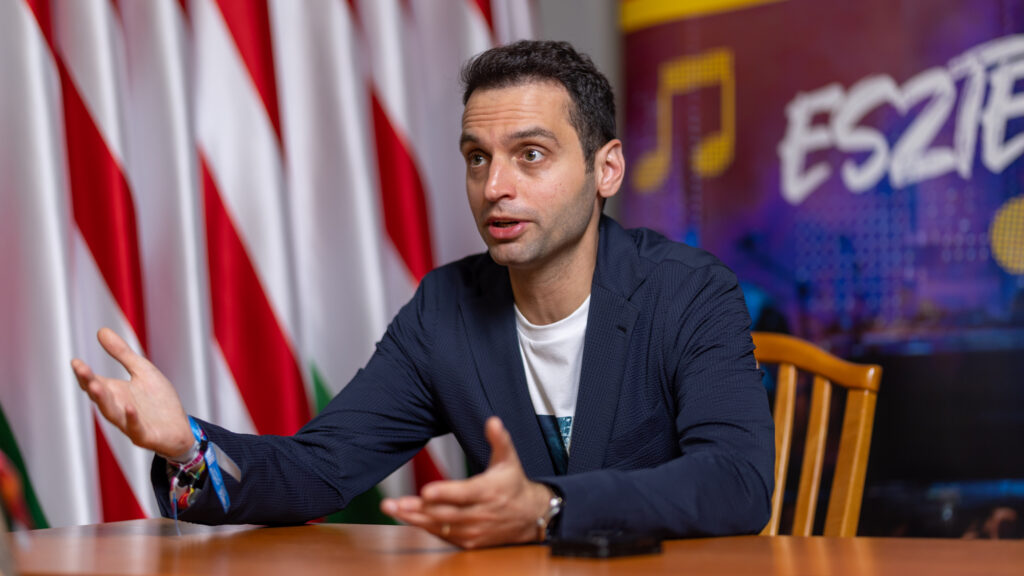
Looking at it from another angle, do you think governments should take measures to counter or regulate this woke ‘madness’?
I don’t think the government should say: ‘if you have these ideas, you should go to prison.’ However, I do think there are aspects of the current situation where the government does need to step in. For example, in the UK, the conservative government made sure to protect academic freedom, which meant that universities have an obligation to allow freedom of expression and the diversity and the plurality of ideas. I think
the government has a role in making sure that some of these excesses aren’t allowed to go beyond what we would all accept.
But I wouldn’t want the government telling people what they’re supposed to think; that’s always a bad idea. Should the government make sure that what children are being taught in school is an accurate and sensible presentation of the country’s history, good and bad? Yes. We shouldn’t have a situation where children are only being taught that their society and its history are bad or good. There are always going to be nuances and I think that’s what we’d want to do. I think the government’s duty is to enforce the laws that already exist. And I think sometimes what wokeness does is it makes people reluctant to do that, makes people reluctant to have a border, even though everybody knows that a country is supposed to have a border. It makes people reluctant, like in the UK, to deport people who come illegally and commit crimes. These are all excesses that have to be addressed through the government. But generally speaking, the reason I’m not in government and not in politics is that I think, more than anything, the battle of ideas matters. If we can persuade our fellow citizens of the points of view that I certainly think are the right ones, then they will elect the kind of government that will do the things that we need it to do. That’s the dream. So far it’s not working, but that’s the idea. We have to create a cultural environment where wokeness is marginalized as the lunacy that it is.
However, it appears that the opposite is currently happening in the Western world.
Culture is a slow process. It takes time. For example, young people, young men especially, they are not woke nowadays. Young women, different issue; but nonetheless, changes are happening and we also have to watch out that the reaction is not extreme because this is something that is always possible. When you have people being pushed to one extreme, they can snap back in an extreme way. We have to have a sensible way of dealing with the things that we don’t like. However, you might say that it’s not happening, I think we could make the argument either way. There’s lots of evidence to show wokeness is worse than ever. It’s never going to end. Also I can produce lots of evidence to say actually we’re making progress in dealing with it. So it depends on your perspective, but these things always take a lot of time.
Related articles:

